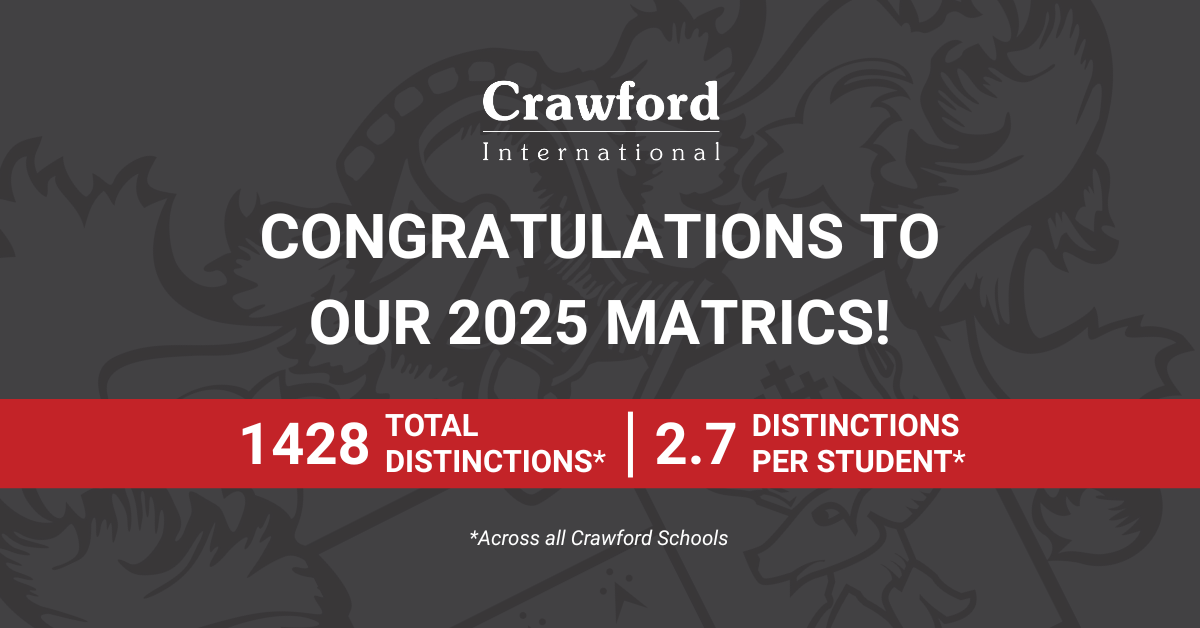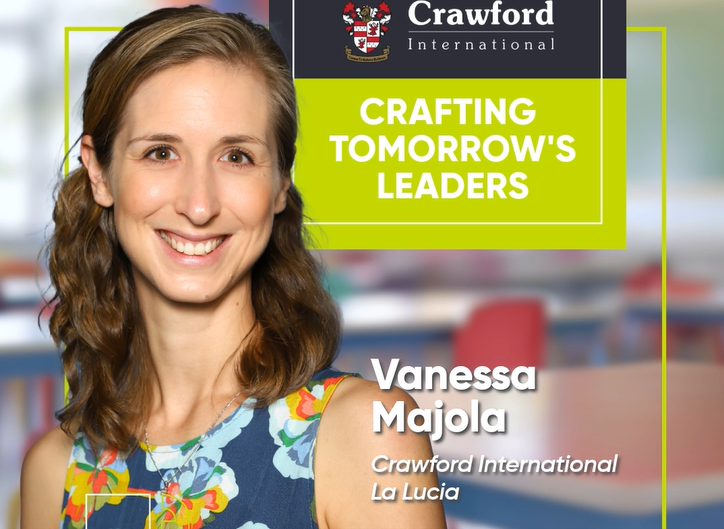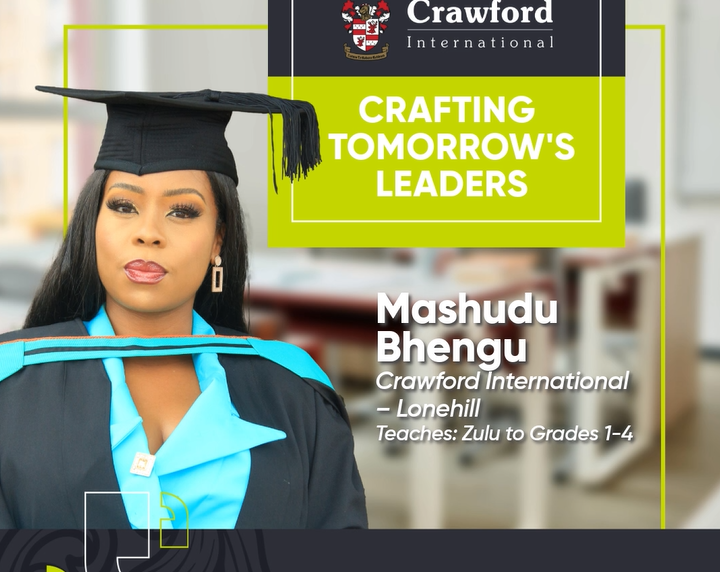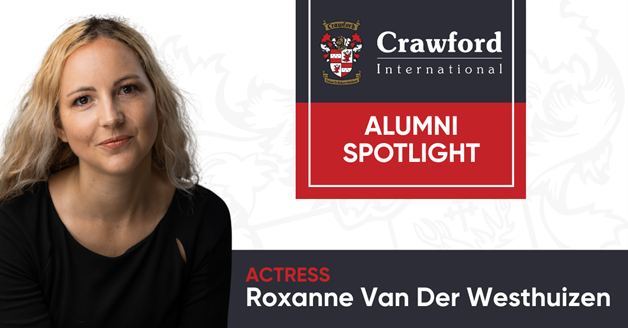The Importance of Revision: Revision and Memory Techniques
ADvTECH Group • May 27, 2022
Don’t leave your revision to the last minute; on-going revision as you learn can take your information recall, and your marks, to a whole new level.
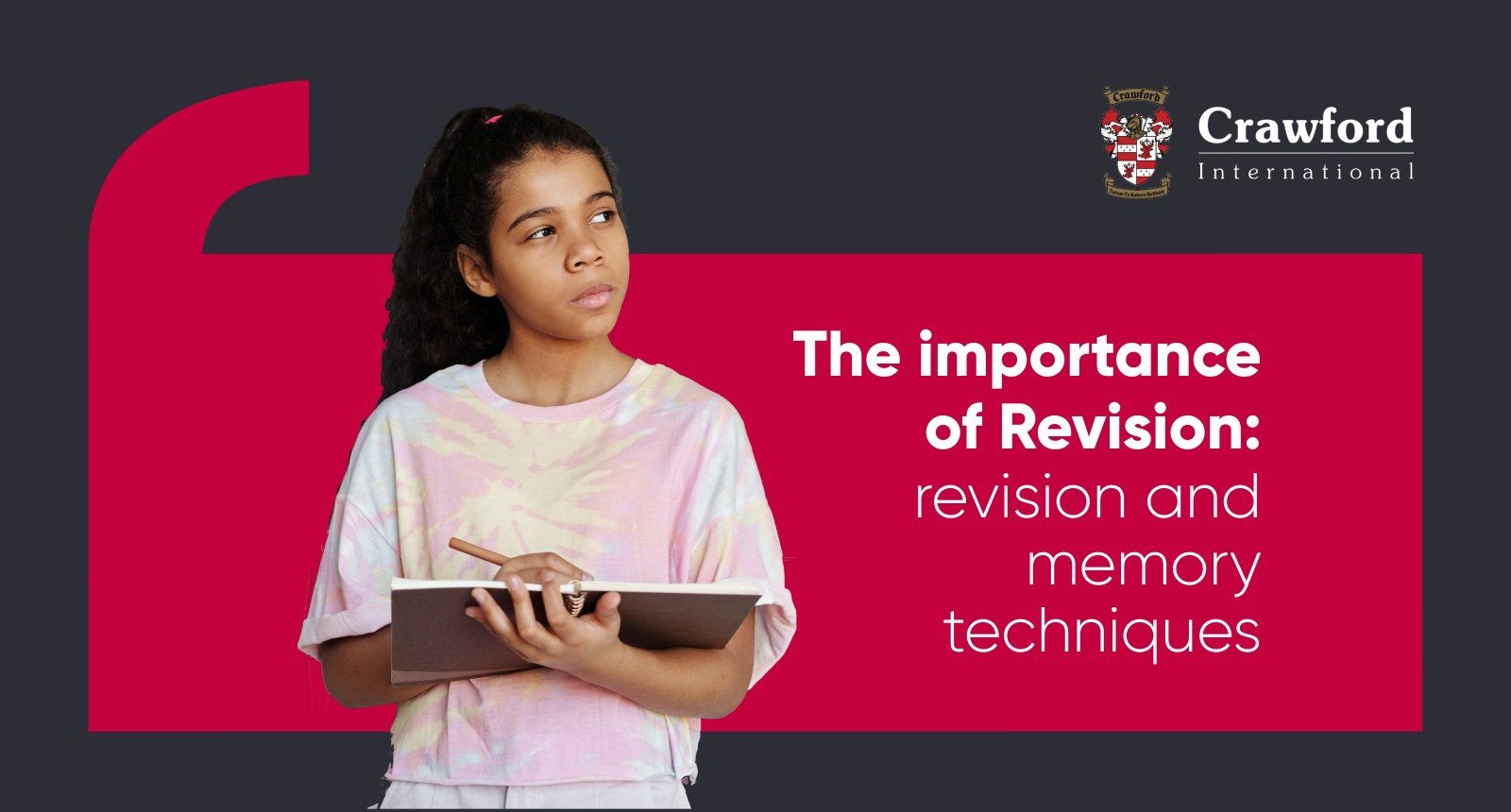
Exams are not a torture practice used by teachers to terrify kids. Exams are simply a tool that helps to test your level of learning and understanding of a subject, and revision helps your brain to load knowledge into your long-term memory so that you can recall important information long after you have finished learning. Don’t leave your revision to the last minute; on-going revision as you learn can take your information recall, and your marks, to a whole new level.
Studies show that you can hold between five to nine facts in your short-term memory. After 30 seconds these facts begin to ‘fall away’ if you don’t commit them to memory – that’s a lot shorter than that Maths exam you have coming up. So, get your learning space organised, leave yourself enough time to revise thoroughly, and find a memory/revision technique that’ll help you to commit information to memory. Here are three great revision tips for you:
1. A picture really is worth a thousand words
The human brain remembers pictures and experiences much better than it does written words. Fact is, the more senses you involve in your learning, the more involved your brain will be, and the more information you will retain.
So, when you’re starting to draw up revision notes, try to draw diagrams of key facts and ideas to help you memorise them. Simple spider diagrams and mind maps are very helpful when it comes to breaking facts down and remembering answers to complex questions. You could even draw a simple picture to group related facts together in the chunking method. What is the ‘Chunking Method’ you may ask? Read on!
2. The ‘Chunking Method’
Have you ever thought how hard it is to remember your trigonometry theorems, but you can rattle off your bestie’s phone number without even thinking? That’s because when information is ‘chunked’ into smaller bits, like a phone number is typically displayed with gaps between three and four digits, it’s much easier to remember.
So, how do you do this with your schoolwork? First, you need to group your revision into sections – similar info gets grouped into smaller chunks. Then you group it into even smaller chunks using bullet point, key words, even key letters. Try to group facts or information into groups of threes, as this will help your brain remember it even better.
A great example of chunking would be a shopping list – rather than listing everything as one unit, it makes sense to break the items up under dairy, fresh fruit and vegetables, non-perishables, etc. Use different colours or fonts to differentiate the chunks and try tp develop mnemonics to help you here too (a mnemonic would be OIL RIG for chemistry learners, which equates to Oxidation It Loses electrons and Reduction It Gains electrons).
3. Use the Pomodoro Method
Chunking information isn’t the only way to boost your revision, braking up your study TIME boosts your brain too. This technique involves the following: revise for 25 minutes, then take a 5-minute break, and repeat this cycle for 2 hours. The take a 30-minute break and start the 25-5 cycle again for another two hours. Why? Well, after 25 minutes your brain’s ability to retain information decreases, so taking a short break gives it space to reset and take in more information again (rather than just blocking it out).
As you can see, you never have to cram again! Boost your brain power and marks by simply changing your approach to revision and studying, and you’ll be well prepared for those exams!
Read another great Crawford International blog article on How to Study for Exams here.
